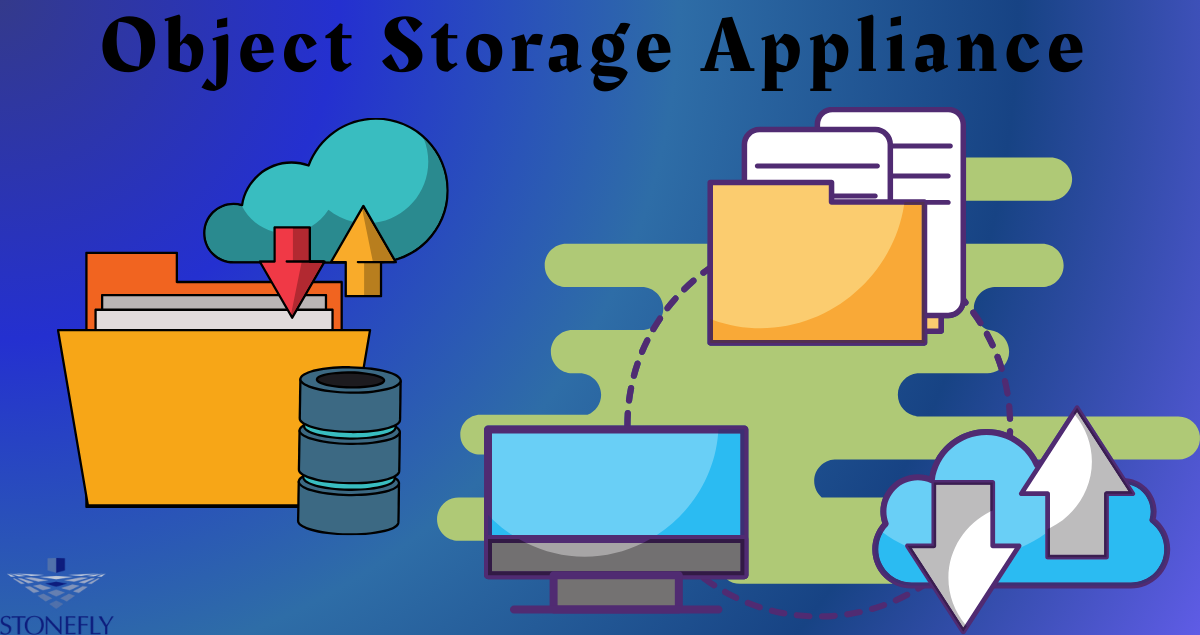Artificial Intelligence (AI) has transformed industries, reshaping how businesses and communities interact. Localized platform development, which aims to create platforms tailored for specific communities or regions, has particularly benefited from AI’s capabilities. These technologies are empowering businesses to enhance user experiences, streamline operations, and create platforms that cater to local needs more effectively than ever before.
In this article, we’ll explore how AI is driving the evolution of localized platforms, the challenges involved, and the future of this transformative technology in the context of regional and community-focused digital solutions.
The Role of AI in Localized Platform Development
AI serves as the cornerstone of modern localized platforms by enabling automation, personalization, and adaptability. Here’s how AI contributes to localized platform development:
1. Enhanced User Personalization
AI algorithms analyze user behavior and preferences to provide personalized content, recommendations, and services. For instance:
- E-commerce platforms use AI to recommend locally relevant products.
- Social platforms suggest connections based on geographic proximity and shared interests.
2. Improved Language and Cultural Adaptation
Localized platforms often cater to diverse communities. AI-driven language processing tools, such as natural language processing (NLP) and machine translation, allow platforms to:
- Offer real-time translation services tailored to specific audiences.
- Adapt interfaces to local linguistic and cultural nuances, as seen in innovative solutions like DreamGF AI clone services, which integrate advanced AI capabilities for personalized user experiences.
3. Hyperlocal Insights
AI-powered data analytics tools gather insights into local consumer behavior and preferences. These insights enable businesses to:
- Launch targeted marketing campaigns.
- Optimize platform design based on regional trends.
Challenges in Developing AI-Driven Localized Platforms
Despite its potential, implementing AI in localized platform development comes with hurdles that need careful consideration:
1. Data Availability and Quality
AI systems rely on data to learn and improve. For localized platforms, obtaining sufficient high-quality regional data can be challenging.
- Limited digital infrastructure in certain regions hinders data collection.
- Local data sets may have inconsistencies that reduce AI’s effectiveness.
2. Regulatory Compliance
Different regions have unique laws and regulations surrounding data use and AI deployment. Compliance requires:
- Adhering to data privacy laws such as GDPR in Europe or CCPA in the U.S.
- Ensuring that AI algorithms do not inadvertently perpetuate biases.
3. Scalability Concerns
Building AI models for localized platforms often means customizing solutions for individual regions, which can increase development costs and complexity.
AI Applications in Localized Platforms
AI’s real-world applications in localized platform development are diverse and impactful:
1. Geospatial Analytics for Local Services
AI helps analyze geospatial data to identify patterns and opportunities for local services:
- Ride-sharing apps use AI to optimize routes and match drivers with users efficiently.
- Food delivery platforms utilize predictive models to manage demand surges.
2. Enhancing Community Engagement
Localized social networks and community platforms use AI to:
- Moderate content effectively while respecting local guidelines.
- Highlight community-specific events or announcements.
3. Local Business Discovery
Platforms like neighborhood apps use AI to connect users with small businesses and services in their area.
- AI matches users with businesses based on location and preferences.
- Predictive analytics help local businesses forecast demand and manage resources.
The Benefits of AI in Localized Platform Development
AI enhances localized platforms in several meaningful ways:
1. Cost Efficiency
Automation through AI reduces the need for manual intervention, lowering operational costs for businesses.
- Chatbots provide 24/7 customer support tailored to local languages and needs.
- Predictive maintenance tools help platforms minimize downtime.
2. Better User Experience
AI optimizes every aspect of the user journey:
- Faster loading times and responsive interfaces driven by machine learning models.
- Tailored recommendations that increase user satisfaction and retention.
3. Addressing Local Challenges
AI solutions are adept at tackling challenges unique to specific regions, such as:
- Enhancing internet accessibility in remote areas.
- Developing apps for regions with low digital literacy rates.
Case Studies: AI in Action on Localized Platforms
1. Ride-Sharing Services in Emerging Markets
In countries like India and Brazil, ride-sharing platforms use AI to overcome challenges such as erratic traffic patterns and limited road infrastructure. AI tools provide:
- Real-time traffic updates to drivers.
- Dynamic pricing models based on local demand.
2. Hyperlocal E-Commerce in Rural Areas
E-commerce platforms targeting rural regions leverage AI to:
- Recommend products based on local cultural preferences.
- Predict inventory needs for remote warehouses.
3. Community Platforms for Disaster Management
AI-powered neighborhood platforms help communities during emergencies by:
- Sending region-specific alerts and updates.
- Coordinating relief efforts through geolocation-based services.
The Future of AI in Localized Platform Development
AI is evolving rapidly, and its role in localized platform development will continue to grow. Here are some trends to watch:
1. Advanced Personalization
- AI models will become more sophisticated in understanding local nuances, enabling even deeper personalization.
2. Collaborative AI for Regional Development
- AI could help governments and businesses collaborate to develop platforms that address regional issues, such as healthcare access or education.
3. Ethical AI Deployment
- As AI’s influence grows, ensuring ethical use will become a priority. Businesses will need to focus on creating transparent, unbiased algorithms.
Conclusion
AI is revolutionizing localized platform development by enhancing personalization, solving region-specific challenges, and optimizing operations. While challenges like data quality and regulatory compliance remain, the benefits of AI integration outweigh the obstacles.
As the technology matures, its potential to address the diverse needs of communities around the globe will only increase, ensuring that localized platforms remain effective and impactful. For businesses looking to cater to regional audiences, AI-driven localized platforms represent a significant step forward in connecting communities and addressing their unique needs.
















Leave a Reply